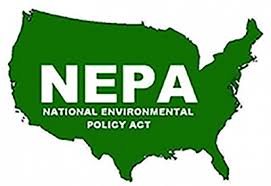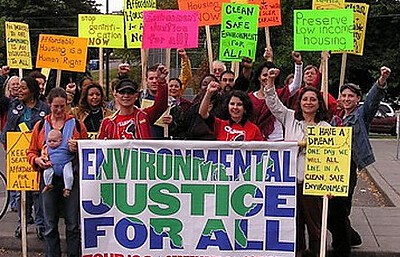Should the national parks allow sales of water in plastic bottles?
In May 2010, Grand Canyon National Park announced that as of January 1, 2011, it would no longer allow sale of water in small plastic bottles at park concessions. The park hoped the ban would reduce the costs of dealing with tossed water bottles; the New York Times reports that disposable plastic bottles account for a remarkable 30% of the park’s total solid waste.
Grand Canyon Superintendent Stephen Martin thought he had laid the groundwork for the ban not only with park concessionaires, but also with his superiors in Denver and Washington. It wasn’t an unprecedented step; both Zion and Hawaii Volcanoes parks had already put similar bans in place. But two weeks before Grand Canyon’s bottled water ban was to go into effect, National Park Service Director Jon Jarvis pulled the plug on it.
Now Public Employees for Environmental Responsibility and the New York Times are raising questions about the role of Coca Cola, which sells Dasani brand bottled water, in the Grand Canyon about-face. Coke is also a major donor to the non-profit National Park Foundation, and communicated its concerns to the Park Service through the president of the Foundation. Grand Canyon’s Martin says his superior’s told him Coke’s concerns had led to the ban being put on hold. PEER claims it has heard “from NPS employees that a major gift from Coca Cola to the National Park Foundation . . . was made contingent on lifting the Grand Canyon bottle ban.”Director Jarvis denies that. He says he acted out of concern for “the service-wide implications to our concessions contracts, and frankly the concern for public safety in a desert park.” PEER has filed a FOIA lawsuit seeking records that might support the Coke connection.
This story is emblematic of an issue fellow blogger Jonathan Zasloff and I disagreed about recently: to what extent should economic returns drive national park management decisions? Jonathan wrote recently that maybe we should allow more development in national parks in order to increase visitor numbers and economic returns (or at least that’s how I understood his post). I disagreed in the comments section, based in part on the sorry history of parks chasing dollar signs to the detriment of the resources under their care.
The Grand Canyon water ban saga illustrates how easily that can happen. Whether or not Coke actually threatened to pull donations from the National Park Foundation, the company made its objections to the ban clear to NPS officials. At a minimum that seems to have made NPS Director Jarvis sit up and take notice. Suddenly he calls for a system-wide review of what had been a largely uncontroversial decision by a park superintendent to deal with a local garbage problem.
I don’t pretend to know how Grand Canyon, or other national parks, should deal with the problem of disposable bottles. But I’m quite sure the answer shouldn’t depend on how Coke feels about it.







Reader Comments